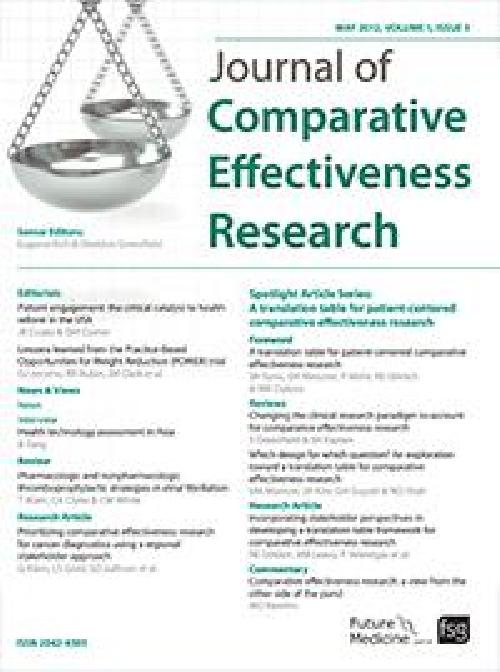Future Science Group (FSG) today announced the publication of a new article in the Journal of Comparative Effectiveness Research, discussing the recent recommendations from the Center for Medical Technology Policy's (CMTP) Green Park Collaborative (GPC-USA). The recommendations, released in August, discuss the conduct of studies that compare sequences of therapies in areas of advanced and metastatic cancer where a range of therapeutic options exist, but evidence is lacking on the optimal choices for sequential or combination therapy.
As the article discusses, current preferences for treatment order are developed in ways that can be lengthy and inefficient. However, these decisions are crucial for the patient as they can influence the course of disease, patient quality of life and ultimately patient survival.
It was against this backdrop that the GPC-USA selected this as a priority topic. In a new editorial article, Dr Donna Messner, Vice President and Senior Research Director at the CMTP, and GPC-USA Oncology Consortium Lead, describes the framework the GPC-USA developed to address the challenge and their recommendations for more rapid assessment of the comparative effectiveness of oncology treatment sequences.
 This is a picture of the cover image. Credit: Future Science Group
This is a picture of the cover image. Credit: Future Science Group
"The recommended approach can fill evidence gaps between traditional clinical trials, especially as real-world data sources become more robust. At the same time, it puts the spotlight on new kinds of patient-important outcomes that traditional trials largely have not measured; these types of outcomes are starting to be recognized as important." commented Donna Messner.
"The recommendations released by the GPC-USA in August provide a valuable resource for the oncology community, who are making difficult decisions regarding treatment sequences", commented Laura Dormer, Managing Editor of the Journal of Comparative Effectiveness Research. "We are delighted to feature an article discussing the recent recommendations and how they were developed, and look forward to seeing the further discussion they will inevitably generate."
source: Future Science Group